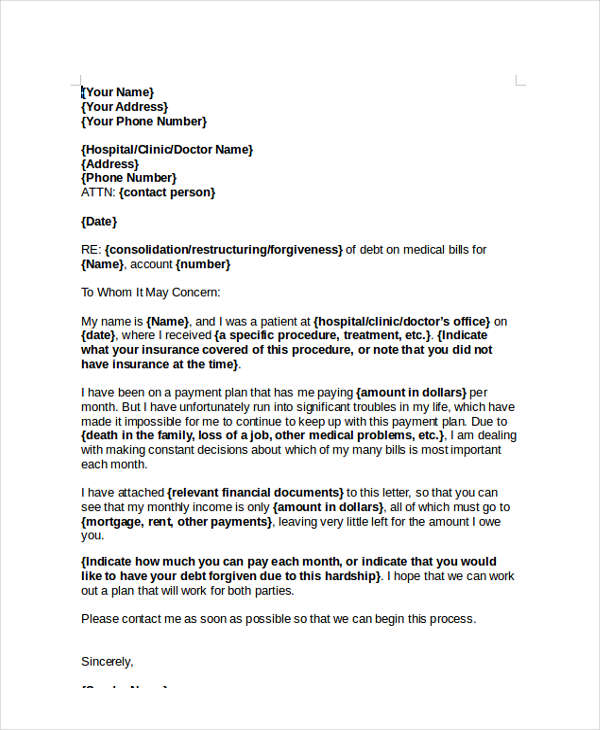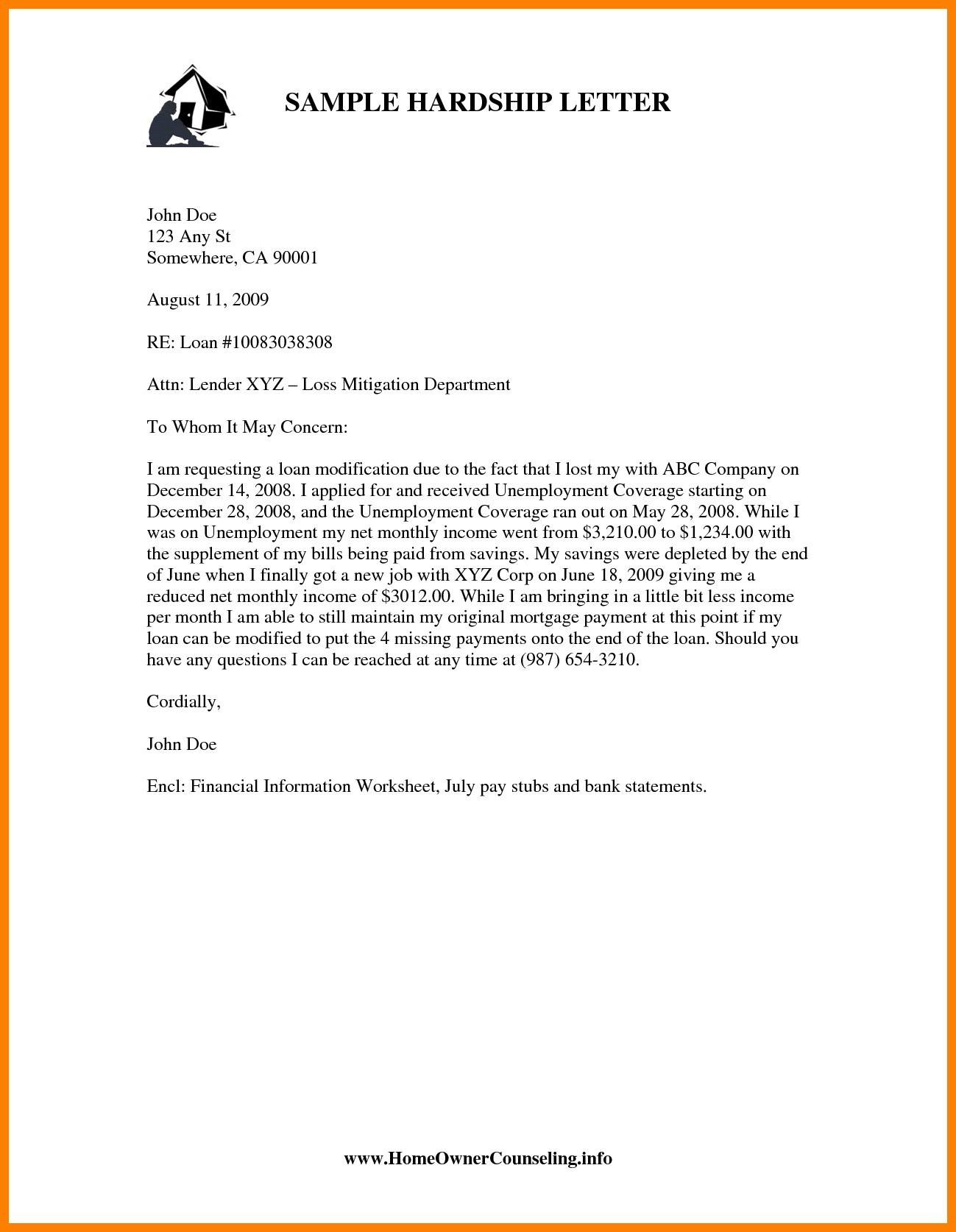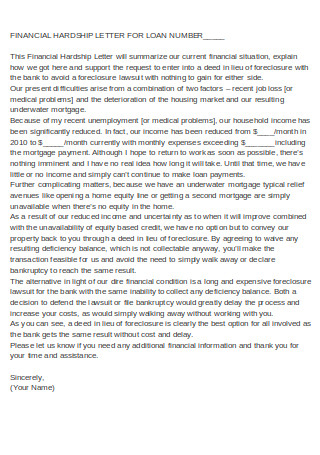

In any case, houses these days are crazy exorbitant so much that maybe endeavoring to set something to the side for an enormous enough beginning portion or apply for a home credit has been a test. And, the IRS requirements specify that you must not have any other source of funds to cover the "immediate and heavy" expenses.You have your eyes set on homeownership. However, your plan administrator may not permit hardship withdrawals regardless of the circumstances.



The IRS also allows for penalty-free distributions before the age of 59 1/2 in hardship-related circumstances. If you withdraw $10,000 from your 401(k) at the age of 30, then your account balance would be almost $107,000 lower at the age of 65 (assuming a 7% average annual return on investment) than if that money had remained invested. While many people considering early withdrawals focus on the 10% penalty when considering any added expenses, the opportunity cost of withdrawing funds from your account prior to retirement is likely orders of magnitude greater. When you withdraw money early from a 401(k), the distributed money does not remain invested and ceases to earn compound interest. This is in addition to the tax ordinarily assessed on 401(k) withdrawals, which is based on your ordinary income tax rate. In most, but not all, circumstances, this triggers an early withdrawal penalty of 10% of the amount withdrawn.įor example, taking a $10,000 early withdrawal would require you to pay $1,000 in tax to the IRS. Understanding early withdrawalsĮarly withdrawals occur if you receive money from a 401(k) before age 59 1/2. While there are additional rules that apply to Roth 401(k)s for withdrawals to be considered as qualified - including a requirement that Roth 401(k)s be open for at least five years prior to receiving the first distribution - these added rules do not apply to traditional 401(k) accounts.


 0 kommentar(er)
0 kommentar(er)
